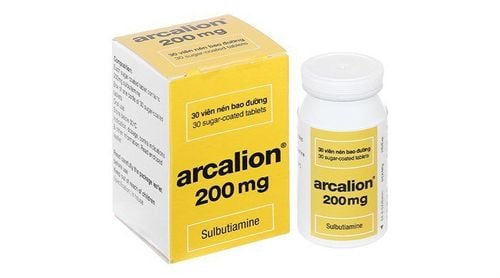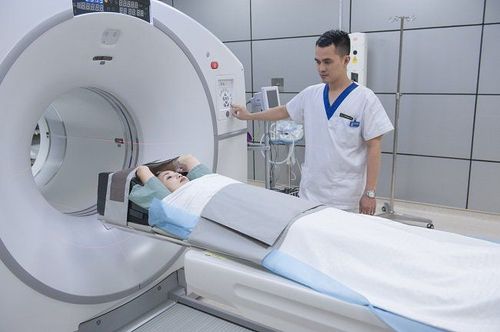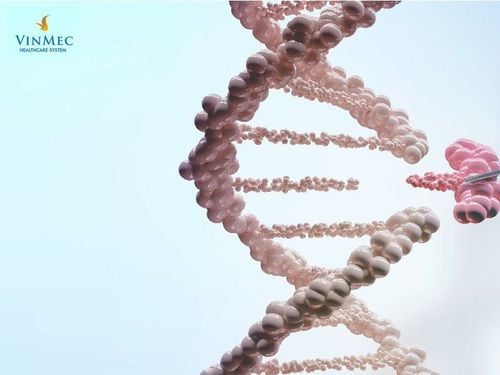This is an automatically translated article.
Without proper therapeutic guidance on diet and physical activity, relaxation measures during and after cancer treatment, many cancer patients can fall into prolonged fatigue, make the condition worse. Therefore, always try to motivate yourself and follow the doctor's instructions to reduce fatigue and improve the effectiveness of treatment.
1. Types of cancer cause fatigue for patients
With cancer feeling tired is one of the common symptoms of most types of cancer. Fatigue is often considered a warning sign that cancer is progressing.
Cancer fatigue is often not relieved with rest or adequate sleep. And contrary to normal, burnout often occurs when cancer patients are sedentary.
Cancer causes long-lasting fatigue because cancer cells are active, often stealing calories and important nutrients from the body. Combined with the patient's poor eating, it will cause exhaustion over time if a reasonable diet is not followed.
The link between cancer and fatigue is described in some specific cancers:
Bone marrow cancer causes fatigue due to prolonged anemia associated with cancer cells interferes with the production of normal blood cells. Similarly, stomach and colon cancers often cause fatigue because of blood loss. Prostate and breast cancer tumors interfere with metabolism and hormones, causing extreme fatigue for the patient. Lung cancer that causes shortness of breath also increases the risk of prolonged fatigue.

Trắc nghiệm: Thử hiểu biết của bạn về bệnh ung thư
Ung thư là nguyên nhân gây tử vong hàng thứ 2 trên thế giới. Thử sức cùng bài trắc nghiệm sau đây sẽ giúp bạn có thêm kiến thức về yếu tố nguy cơ cũng như cách phòng ngừa bệnh ung thư.
Bài dịch từ: webmd.com
2. Do cancer treatments cause fatigue?
Fatigue is often a side effect of all cancer treatments. Here is a list of cancer treatments that can cause fatigue:
Cancer drugs : Most and even standard cancer drugs are commonly prescribed to treat cancer may lead to recurrent fatigue in the patient. Chemotherapy: Chemotherapy often causes the body to run out of energy even after treatment. Fatigue and exhaustion are among the most common side effects of chemotherapy. Radiation therapy: Radiation therapy causes severe fatigue that usually lasts 3 to 4 weeks after treatment. However, that is not always the case for all patients. Sometimes, it will last up to three months after treatment ends. Surgery: Surgery can expose the body to mild to severe burnout. Depending on the nature of the surgery and the level of impact on the body, fatigue in each patient is different. Targeted Cancer Drugs and Immunotherapy: Generalized fatigue is often a side effect of targeted drugs and immunotherapy. Targeted cancer drugs work by destroying specific structures of cancer cells. Immunotherapy typically uses the immune system to recognize and attack cancer cells. Hormone therapy: Hormone treatment can cause fatigue because it blocks or reduces the amount of hormones in the body. This treatment is usually used for breast or prostate cancer. Cancer-related fatigue after a bone marrow transplant: Fatigue can persist for up to a year after a transplant.

3. How to control cancer fatigue?
Cancer patients may need to make some lifestyle changes to limit the effects of fatigue and other side effects such as:
Physical activity : Maintenance or physical activity can help reduce fatigue. The type and level of physical activity can be different during and after cancer treatment. You need to consult with your doctor to have healthy physical activities, suitable for your health condition. Counseling: Behavioral therapy can help patients deal with feelings of fatigue. It often helps patients by rearranging their thoughts and improving sleep during cancer treatment. Mental relaxation: Practicing mindfulness, yoga, massage, music therapy, meditation, and acupuncture can reduce fatigue in people with cancer. Diet: Doctors usually prescribe a healthy diet that includes nutrients and vitamins. In addition, certain supplements may also be prescribed. Cancer often makes people tired because cancer cells grow and steal all calories and nutrients from the body. Therefore, when there are signs of fatigue, unexplained weight loss, patients should go to medical facilities to examine, find out the cause and screen for cancer early.
Early cancer screening is considered the "golden key" to detect early and provide effective prevention methods and cancer treatment regimens to reduce the risk of death and reduce costs for people. sick. Currently, Vinmec has been a leading medical facility in the field of early detection of cancer, whereby the high-tech cancer screening package at Vinmec gives you the opportunity to screen and develop Timely detection of disease warning risks to optimize treatment efficiency and improve quality of life.
Please dial HOTLINE for more information or register for an appointment HERE. Download MyVinmec app to make appointments faster and to manage your bookings easily.
Reference source: medicinenet.com













